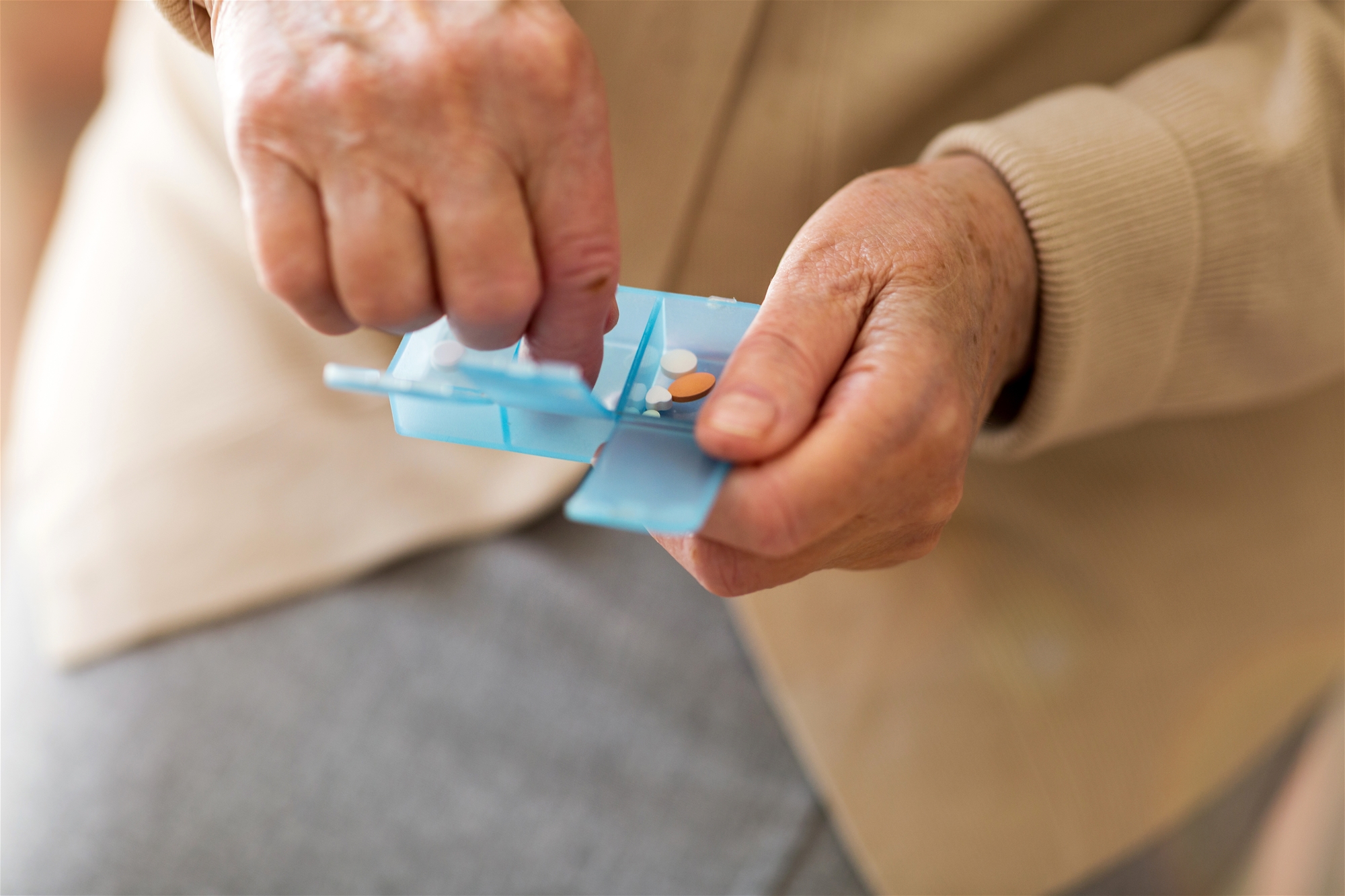Were you ever distressed when one of your family members starts to have psychotic symptoms and inappropriate behaviors? In order to help you reduce stress while caring for your loved ones, the following are ways of how to manage and assist problems related to Schizophrenia.
When there are auditory hallucinations…
Auditory hallucination is when there is no one around, but there are still voices of people heard by the patient. Content of the conversation may be criticisms, scoldings, or praises; there is also a possibility that the voices are commanding him/her to do things. The voices may be unbearable for the patient and he/she may follow the harmful orders given by the auditory hallucinations, after drug treatment, this symptom will be improved.
Management
Encourage him/her to talk about the content of the auditory hallucinations. You may try with “I know that you are hearing things that we didn’t hear, I would really like you tell me what you have heard?”
Distract patient’s attentions from the auditory hallucinations by encouraging them to watch television, listen to music, enjoy outdoor activities and even just having a conversation with you.

When there are delusions…
Delusions are unrealistic and unjust beliefs, but deeply believed by patients. Take persecutory delusions, grandiose delusions as examples, these delusions may lead patient to act inappropriately.
Management
Allow patients to speak what’s on their minds, try listening and not to debate with them. But keep in mind not to agree or admit to their delusions. After the condition is stable, discuss discord and realistic ideas with the patient.
When there are self-harm behaviors or violence…
Violence and self harm behaviors may be related to symptoms, environmental changes, or conflict with family members.
Management
Keep a calm attitude, because the patients are very sensitive to the emotional instability of the people around them, and they may become more irritable if other family member’s emotions are not stable enough.
Keep all dangerous objects out of reach for the patient, such as: kitchen knives, scissors, sticks.
If the patient is too emotional and is unable to control his/her emotions, family can use bed sheets/towels to temporarily restrain the patient’s hands and feet. But keep in mind to tell the patient during the process of restraint that it is him/her we are trying to protect.Be careful the circulation and damage at the same time and them consider to send the patient to the hospital for help.
How family can assist in helping the patient take medication
Regular drug compliance is very important in prevention of relapses, but many patients have poor insight and don’t want to take the medication, so it’s a great challenge for the caretakers to assist patients in taking medication according to the Doctor’s prescriptins.
Management
Know the types, dosage, ways of taking medication and side effects of medication that the patient is taking.
Put the medication in an area where it’s more appealing to the patient.
Encouragement and reward should be given accordingly, when the patient takes the medication voluntarily.
If patient’s daily lives are affected by the medication, a discussion with doctors is needed to adjust the dosage and time that the medication should be taken.
Educating the patient to record how he / she is feeling while taking the medication may given him/her a sense of responsibility to his/her own health.
If medication side effects or refusals to take medication are noted, there would be a need to discuss and inform the doctors.


